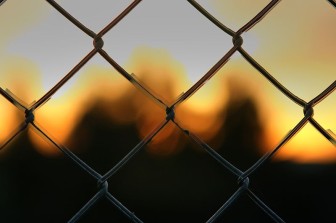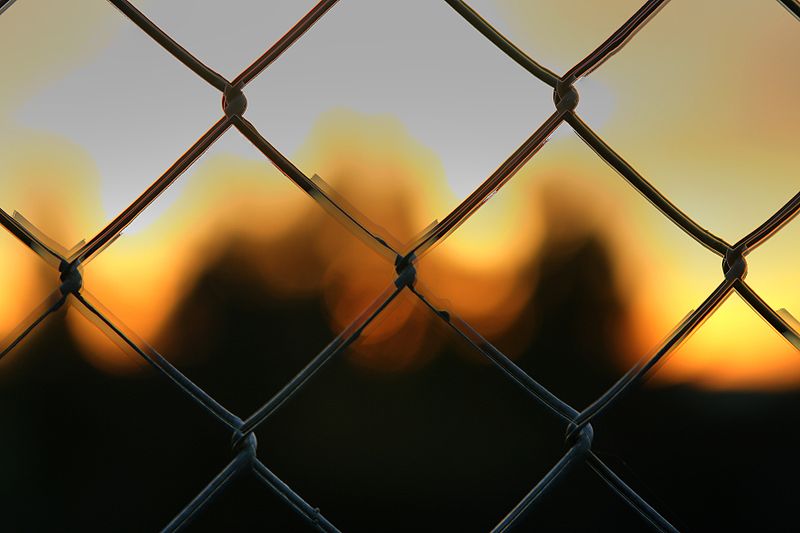
Wikimedia Commons
Advocacy group Human Rights Watch issued a new report Wednesday discussing the many negative impacts—on children and society—of including juveniles on sex offender registries.
Following Wednesday’s story on this site about the report, “Raised on the Registry: The Irreparable Harm of Placing Children on Sex Offender Registries in the U.S.,” JJIE called three experts in the field to ask why including juvenile sex offenders in these registries may or may not make sense.
Nicole Pittman, author of the report, interviewed 500 individuals who were included in sex offender registries for acts they committed as minors; in some cases she interviewed their families and their victims as well. She said what she found was “amazing and appalling.”
Young people who are convicted of or plead guilty to sex offenses serve their sentence and then are subject to registration and notification requirements, and restrictions on where they can live and what they can do, often for the rest of their lives. This leaves many of them homeless, keeps them from completing school, and subjects them to violence from others, Pittman said.
Nearly 30 percent of registrants she interviewed had suicidal thoughts or had attempted suicide, she explained. She also interviewed families whose children committed suicide after registering as sex offenders. “Our report shows the severe harm that befalls children as a result of inclusion in the registry,” explained Pittman, and there’s no data out there on whether or not there’s greater public safety as a result.
Public safety, said Mai Fernandez, executive director of the National Center for Victims of Crime, is “the end game here.” If you’ve been sexually abused by a youth or by an adult you want to make sure it doesn’t happen to you or others again, she explained. Fernandez is cautious about registries, however, saying, “in many adult cases registries aren’t working, and so now you’re putting something that’s already broken on the shoulders of children.”
Society has determined that children should be treated differently than adults because they should be given second chances, she added, but the public must also be kept safe by making sure young offenders have the services and supervision to ensure they don’t commit these crimes again. Just as cases are sealed for young people at age 18 in order not to stigmatize them for the rest of their lives, Fernandez said, registry inclusion for young people needs to be looked at differently than for adults, while also keeping victims and others safe.
Scott Burns, executive director of the National District Attorneys Association said his organization opposes any bright line rule excluding anyone under the age of 18 from ever having to register as a sex offender. “We think those decisions should be made by prosecutors, defense attorneys and the court based on individual circumstances,” he explained. Burns also said that while he and his peers certainly don’t take lightly the impact it has on one’s life when they’re required to register as a sex offender for 20 years, or for the rest of their life, “we rely on the prosecutor’s good sense and judgment in each individual case.”
Juveniles engaged in sexual interaction or conduct that’s consistent with normal adolescent development shouldn’t be labeled as sex offenders, Burns said. “But if you have a 17-year-old who commits multiple violent sex crimes against small children, or a 15-year-old who rapes a 70-year-old grandmother — and these cases exist and we deal with them every day across America — we believe that the public has a right to know that that individual is living next door to you,” he continued.
Human Rights Watch’s Pittman notes, however, that out of the 500 youth offenders she spoke to, all took a plea bargain instead of receiving a trial, and almost all of the offenders (and their parents, when they were interviewed) said they were never told they would have to register as sex offenders and what the long-term implications of registration would be.
Most of these cases take place in juvenile court where the due process protections are not as great, and youth may not fully understand the plea deal they are accepting, explained Pittman, so “we’re giving these kids a life sentence from juvenile court.”
Pittman also explained that laws over the past 18 years have been increasing in severity for juveniles and adults, and these efforts have resulted in many more people being included in registries, without any analysis of the risk individual offenders pose.
When states increase the number of individuals who have to be monitored, said Pittman, it also makes it much more difficult for law enforcement to spend adequate resources on the individuals who might pose the greatest danger.
